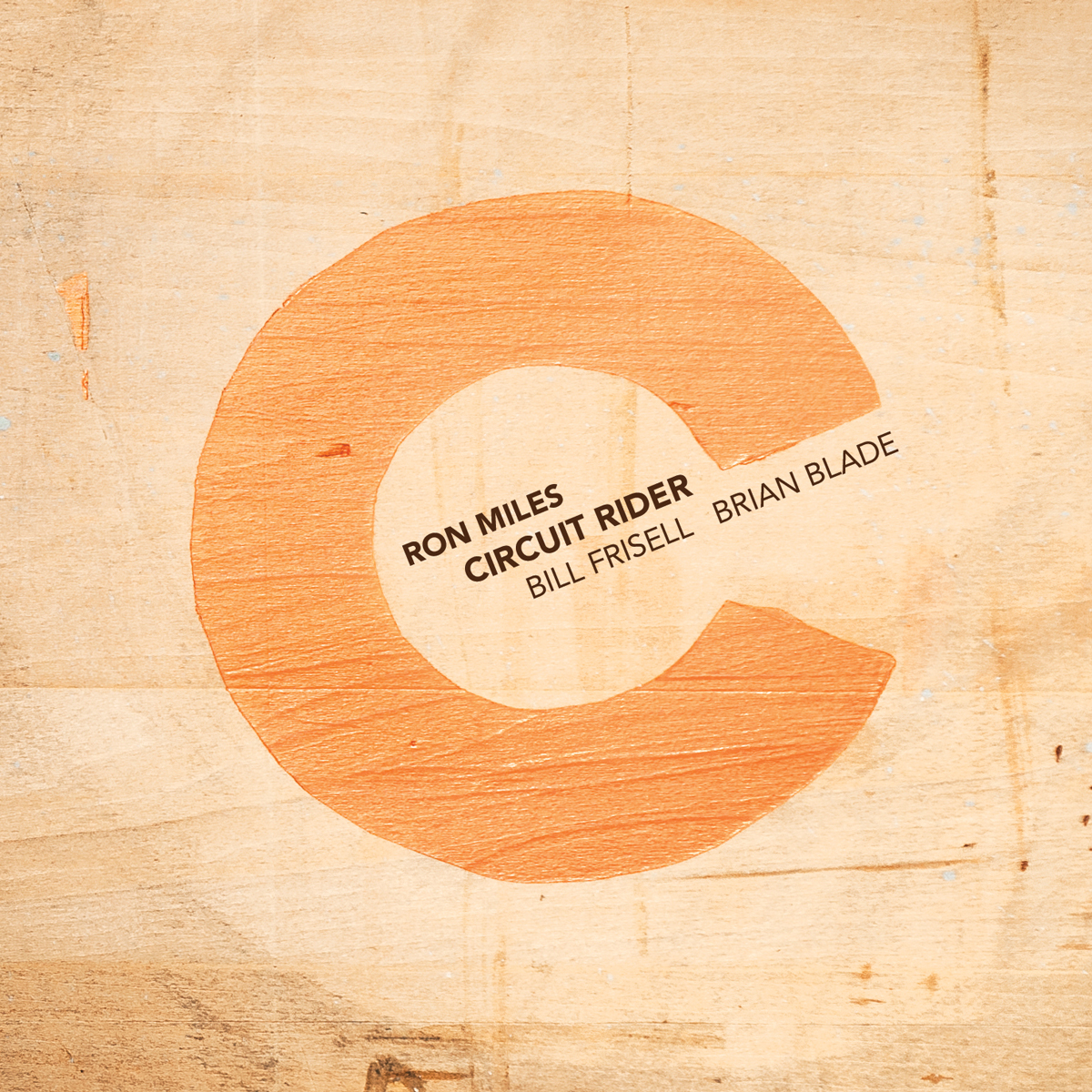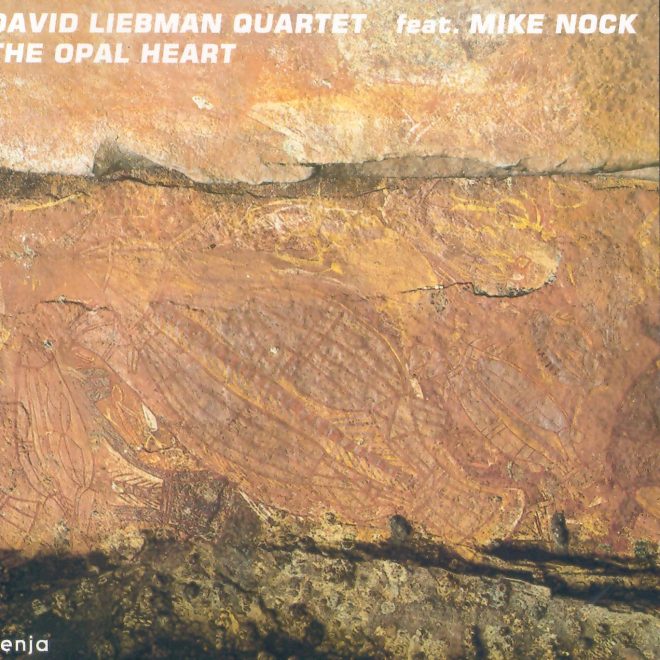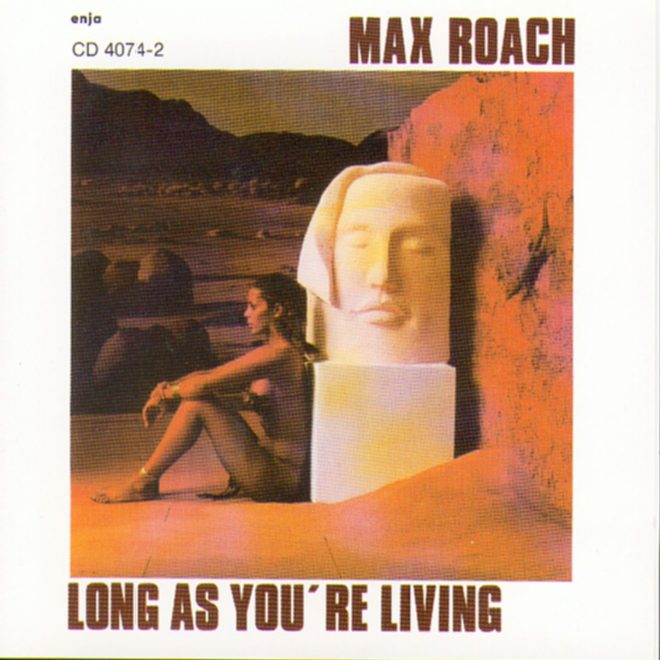Beschreibung
„Dale Bruning, the great jazz guitarist and mentor to Ron Miles, Bill Frisell, and many others once told me something poignant concerning performing: „When you’re on stage,“ he said, „don’t think about whatever it is that you are practicing at home. When you’re on stage, unless you are transmitting joy to everyone who is there, you really have to ask yourself ‘What is it that I am doing?’“ Each musician on this recording truly exemplifies the ability to bring a sense of joy to music. I mean joy in a rather particular, dare I say, spiritual way here. The collective playing exhibits jouissance – a sense of joy that transcends a spectrum of pleasure and pain but that is nevertheless informed by witnessing the lives we are thrown into. Such transcendence exceeds the dialectic between control and the letting-go necessary for channeling spontaneity and light. The result is an album that conveys a sense of ethical community and presence in a timely and necessary way.
Perhaps it is the depth of inquiry and love for song that makes Miles, Blade and Frisell so able to transmit a sense joyful community. In addition to each player being a mature songwriter himself, each musician here has had significant working relationships with heavy-hitting songwriters. Great songwriting does more than express the lyricism of the first person „I.“ At its best, it articulates the desires of a community, and in doing so it adds to the identity of that community. From the de-territorialized space that opens the recording with Ron’s lyrical signature „Here I am,“ „Comma“ emerges as a joyful march with vibrant gospel hope. The opening melody narrates through elastic rhythmical statements and pushes up and up in the ‘B’ section, breaking into the march again, followed by a tag up a fourth in the closing line of the form. „Higher,“ seems to be part of the initial statement of Circuit Rider, which pushes more than its softer (but no less beautiful!) predecessor, Quiver.
Songs territorialize and re-territorialize the conceptual space for community and presence. The engagement with folk qualities so often a staple of Miles’s work in Frisell’s bands is condensed on Circuit Rider into denser harmonies and quick, complex rhythmic turns. More than most genres, jazz music and discourse has (for better or worse) has occupied a rhetorical space in relation to national politics in the United States, and the diaspora of liberalism around the world. The reflection on the land inherent in the playing on Circuit Rider is indeed political. A song carries its own geography the same way an accent can follow one through life or be masked in certain situations. I can hear the Old West in Ron Miles and Bill Frisell and Louisiana in Brian Blade. The depth of the American folk tradition is present on this album, not just in the individual players, but also in the compositions themselves.
The title track, „Circuit Rider“ is clearly a dance if you can imagine dancers dealing with a 31 and 1/8th beat ‘A’ section. The song demands attention. The folk-like nods in the melodies are reminiscent of the qualities that Ornette Coleman’s playing has always had with the gospel announcement that Albert Ayler’s compositions deliver. For that reason it makes perfect sense that Ron would be thinking of Charles Mingus on this record. Mingus is also demanding in his call for attention from both audience and musician while always foregrounding the idea that the folk-like qualities of the music and the land will persevere over and against those who try to oppress them. „Jive Five, Floor Four,“ as Todd S. Jenkin’s notes in I Know What I Know: The Music of Charles Mingus, was an early title for „Free Cell Block F, ‘Tis Nazi U.S.A.“ Invoking Mingus twice is more than a nod to tradition; his assertive presence contextualizes the gentler qualities this group expresses without diminishing homiletic message being delivered, at least part of which seems to be that tradition must be regarded in a broad sense as well as in its subtleties.
While critics may for good reasons make much of the genre-defying nature of what these players bring to the stage or recording studio, Ron’s music to me has always been about a kind of lyricism. Any musician who has ever played Ron’s music can attest to how deceptively simple his melodic sense seems. He is a musician who always knows what he is saying. When he sings out, he narrates, always drawing on the context he plays in and giving presence to the moment. In his compositions, players learn to abide by this lyricism and give ear to the song’s space. The subtleties of Ron’s rhythmic shifts are so articulate that they anchor points of connection, as if he were teaching us a new way to be. The being performs something sweet, an innocence that is opening and questioning but never naïve. One hears this directly on the gorgeously intimate „Dancing Close & Slow.“ The way of being is not something given but must be sought after.
One hears this directly in the B section of compositions like „The Flesh is Weak.“ The section oscillates between three bars of 7/8 followed by a 2/4 bar and three bars of 7/8 followed by a 3/8 bar (you can count each measure in eighth notes by the presence of each chord if you aren’t lucky enough to have access to charts!). The 3/8 bar elides the melody, pushing into the repetition of the section and tumbling the form forward. The second time through another eighth note is intentionally dropped as the song moves into the next section in 4/4, where a breathing space opens up in the harmonic movement allowing the melody to explain itself… almost as if to clarify. Frisell’s playing beneath Ron’s solo beautifully moves between carrying the harmony and singing the melody beneath him. These pushing sevens show up all over Ron’s music: „Darken My Door,“ „I Woke Up in Love This Morning,“ and the opening vamp to „Comma“ on this album. What listeners new to Ron’s music should know is that the depth of this pushing rhythmically is a feature in Ron’s music all the way back to the song „Witness,“ the title track to an early album of his. „Witness“ is not in seven; it’s in two, and the two-beat march hearkens back to the early roots of jazz music.
The scope of Ron’s music carries a long tradition while always pushing ahead. Such movement is beyond the militaristic connotations of terms like avant-garde, of modernist conceptions of progress and complexity, and of post-modern conceptions of genre mash-ups. The sound is deeply American, but the ethic does not seem nationalistic or even cosmopolitan, but rather spiritually aware.Circuit Rider’s closing statement is a perfect example, counter-balancing traditions with Jimmy Giuffre’s „Two Kinds of Blues“: one urban as a noir movie followed by the more pastoral and carefree stroll. Giuffre and Mingus then give a certain tradition and folk-like context to Ron’s original compositions. It is a sound that synthesizes the past while opening better spaces for us to be, both now and in the future.“
Roger K. Green




